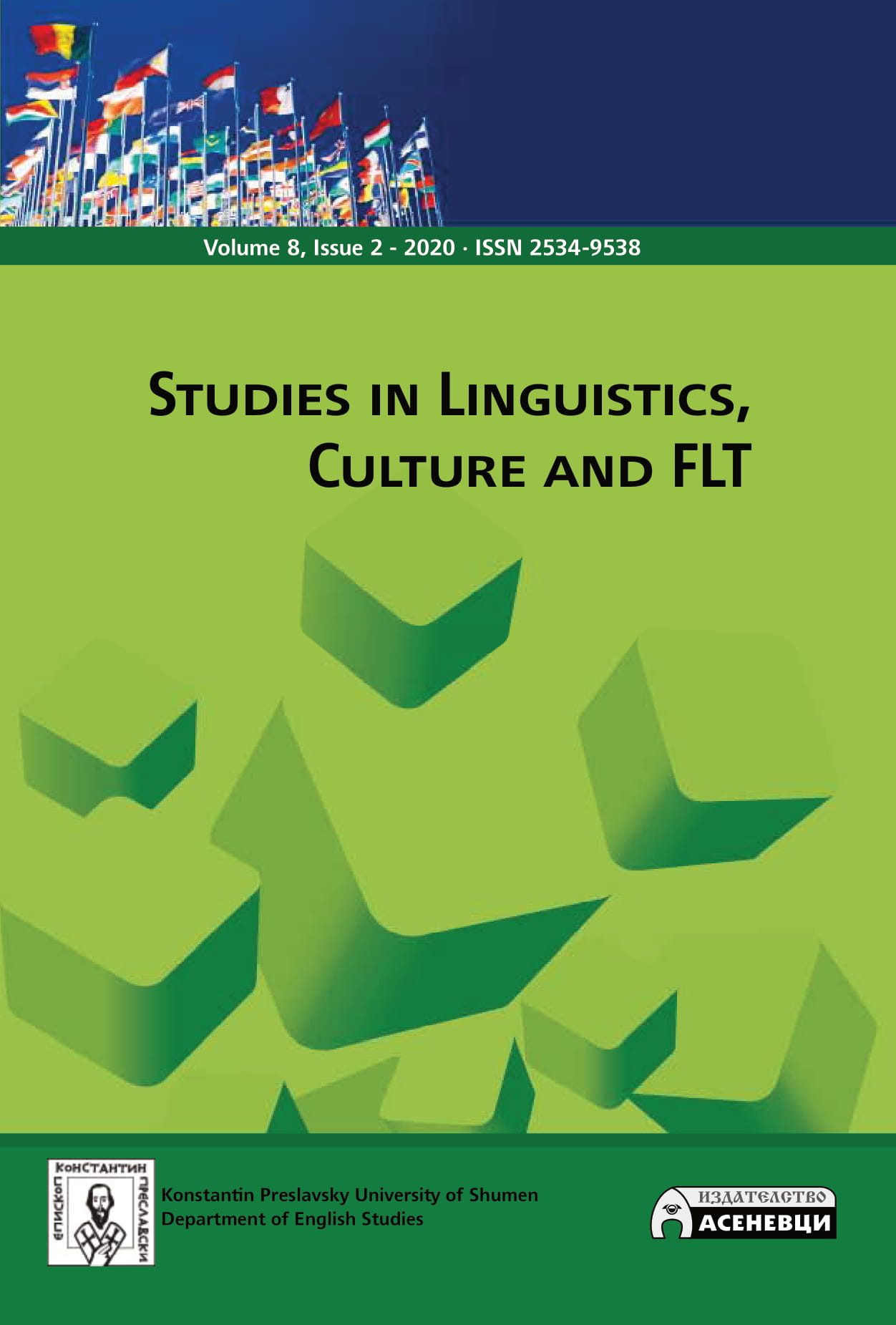The Socio-Cognitive Aspect Of Verbalization Of Journalistic Discourse
The Socio-Cognitive Aspect Of Verbalization Of Journalistic Discourse
Author(s): Alesia ShevtsovaSubject(s): Social Sciences, Language and Literature Studies, Media studies, Applied Linguistics, Communication studies, Descriptive linguistics
Published by: Шуменски университет »Епископ Константин Преславски«
Keywords: journalistic discourse; mental (semantic situational) model; contextual (pragmatic) model;
Summary/Abstract: The paper focuses on the differences in the English and Russian headlines referring to the mental and contextual models of readers and journalists. The article considers the tendencies in the verbalization of the models under the influence of a concrete linguistic culture. The analysis reveals that the Russian-language headlines of articles to a greater extent actualize the ethno-specific contextual model. The title is represented by a proposition with an implication and an abstract level of description. Unlike the Russian-language headlines, the high-quality UK press is still characterized by a rather “serious” approach to presenting information in the genre of news articles. The headlines of the articles have a clear description indicating specific agents and patients of the communicative event, and also represent fairly explicit propositions. Based on the socially shared knowledge of the British epistemic community, the author actively forms a dynamic contextual model of the recipient reader by introducing new knowledge about current events and realities of modern life.
Journal: Studies in Linguistics, Culture, and FLT
- Issue Year: 8/2020
- Issue No: 2
- Page Range: 7-18
- Page Count: 12
- Language: English

